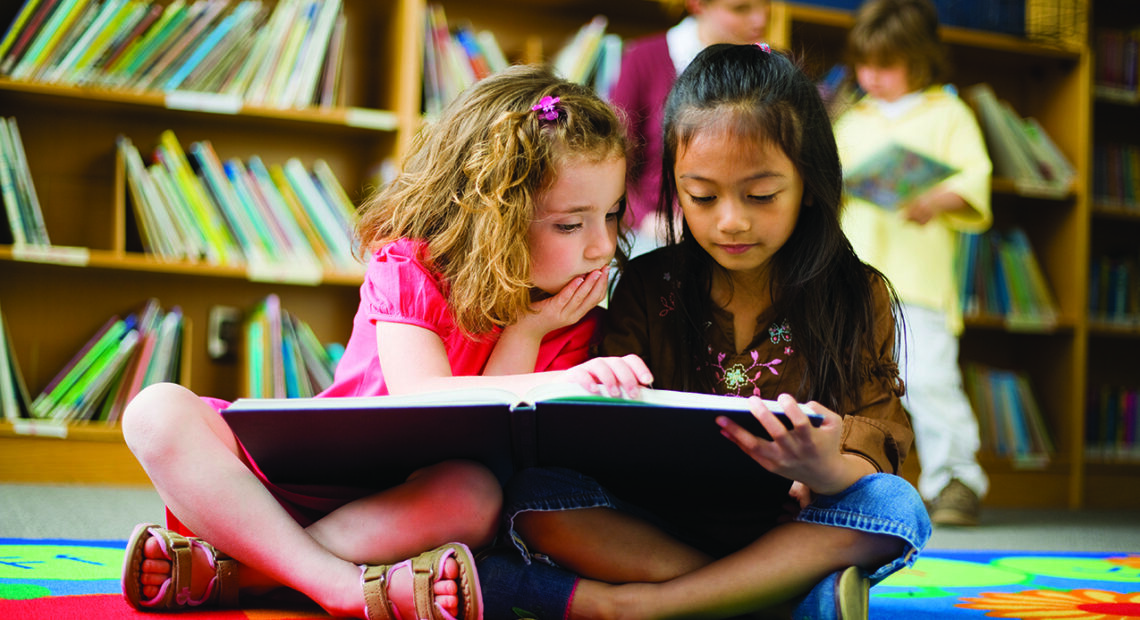Many variables affect students’ academic performance. These include a willingness to learn, students’ attentiveness, having a great teacher, and kids’ commitment to studying and doing homework. One component of academic performance can be easily overlooked: eyesight.
The M.M. Joshi Eye Institute in India says vision problems in children can affect studies and restrict students’ academic development. Academic performance is directly linked to the ability to see clearly, as vision affects reading, writing, comprehension, and classroom participation. Clarendon Vision Development Center of Illinois advises that a substantial part of a child’s education is acquired through visual processing. When that vision is impaired, it can hinder the ability to learn and absorb information effectively.
Impaired eyesight may cause students to struggle and fall behind. This ultimately can lead to a lack of engagement in classwork and ultimately make them consider giving up, particularly when a student is unaware that it is eyesight and not another factor affecting their ability to learn. Furthermore, poor grades may cause parents to mistakenly conclude a child has a learning disability or is slacking off.
The relationship between eyesight and education underscores the significance of routine eye exams. Intervention can help prevent poor academic performance. Infants often get their first comprehensive eye exams around zero to six months of age. By age three, children should have a second eye exam, says Medical Optometry America. Around age five or six, children should receive a third comprehensive eye exam, just before entering school. Eye exams should then be scheduled at least every two years. These guidelines can be adjusted if any vision problems are detected and more frequent exams are needed.
Eyesight plays a key role in a child’s ability to learn and excel in school.








Recent Comments